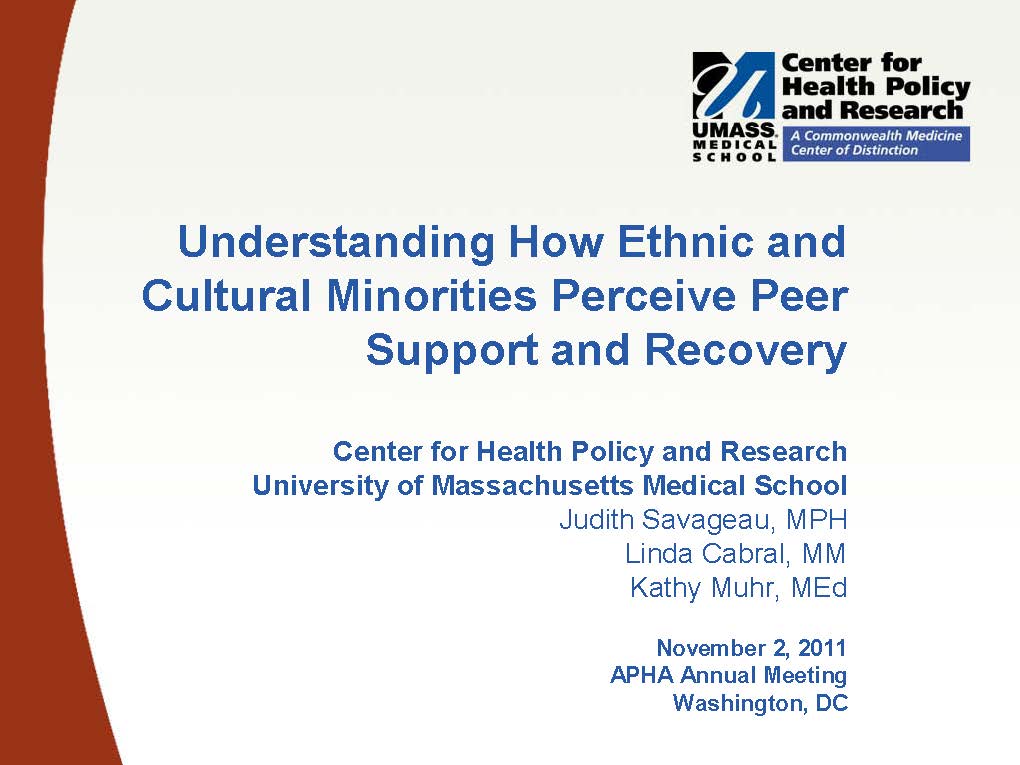Offering recovery-oriented mental health and peer support services to various cultural and linguistic groups is challenging. This study sought to better understand how persons with mental health conditions from two cultural groups – Latinos and Deaf and Hard of Hearing (D/HH) – access recovery-based services. Interviews and focus groups were conducted with persons with mental health conditions from both cultural groups. Language barriers posed the biggest challenge in accessing mental health services. There is a lack of qualified professionals who speak Spanish or use American Sign Language. Among both groups, the preference was to work directly with someone in the language they feel most comfortable with and to avoid interpreters. Access to adequate mental health services, not just recovery-oriented and peer support services, were not widely available for Latinos and persons who are D/HH. Public mental health systems need to adapt and expand services for these and other cultural groups.
Presentation
Understanding How Ethnic and Cultural Minorities Perceive Peer Support and Recovery

6810_Understanding-How-Ethnic-and-Cultural-Minorities-Perceive-Peer-Support-and-Recovery.pdf
